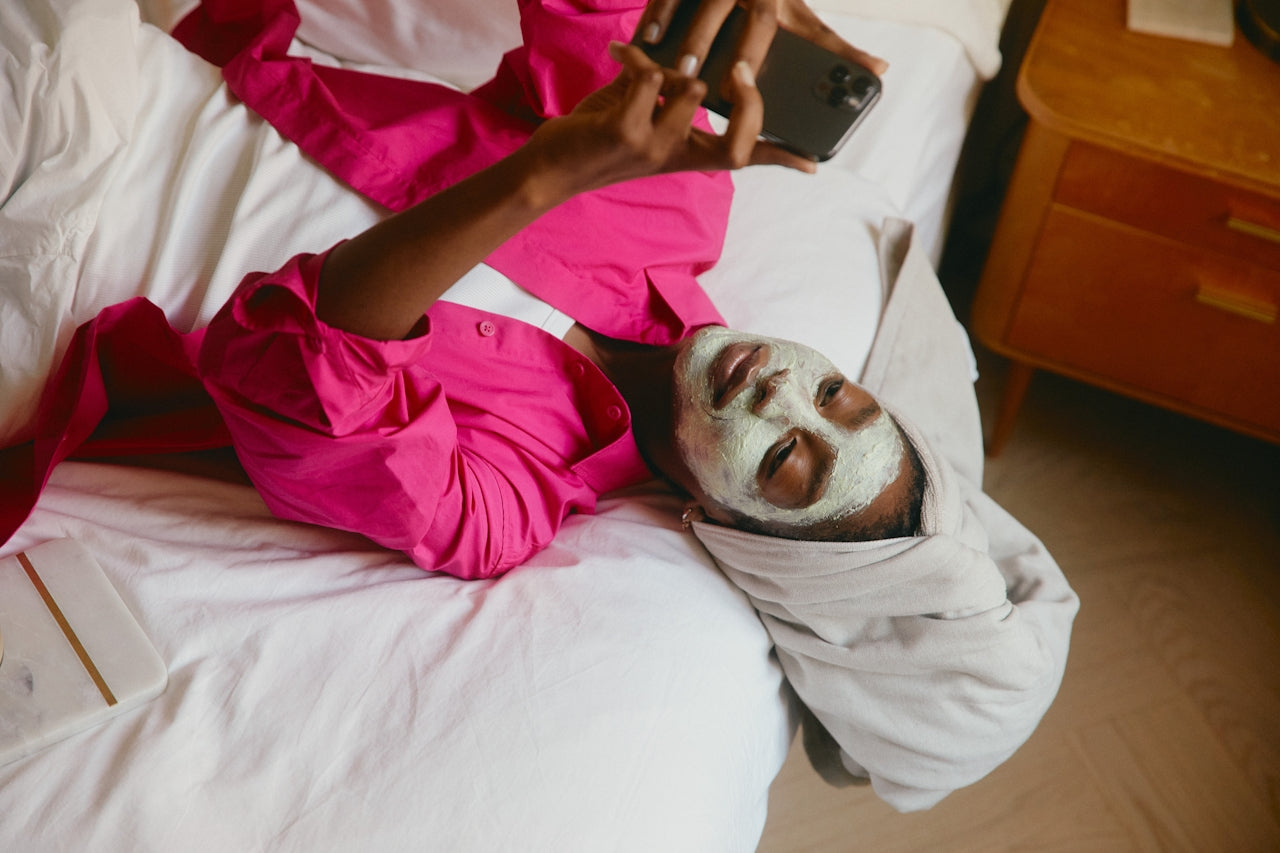We all know that sleep is the cornerstone of good health, yet it’s intriguing how its necessity varies from person to person—particularly between genders. It turns out that women might need a bit more shut-eye than men. Intrigued? Let’s dive into sleep science and unravel why the sleep needs of women are different.
Understanding Sleep Basics Sleep isn’t just about shutting our eyes. It’s a complex cycle of light sleep, deep sleep, and REM (rapid eye movement) sleep, each playing a key role in how refreshed we feel the next day. This cycle helps with everything from physical repair to sorting our memories and regulating emotions.
Beyond the Standard 7-9 Hours The oft-cited advice suggests adults need about 7-9 hours of sleep, but this isn’t a universal rule. Age, lifestyle, genetics, and yes, gender, all tweak this number. Women often face unique sleep challenges, thanks to a cocktail of hormonal fluctuations, life stages such as pregnancy, and even the additional roles they juggle.
Hormonal Rollercoaster Why the extra minutes? Hormones are a big factor. The ebb and flow of estrogen and progesterone across the menstrual cycle can disrupt sleep, causing issues like insomnia or restless legs syndrome, especially during the premenstrual phase when many women report poorer sleep quality.
The Pregnancy and Parenthood Chapter Pregnancy throws sleep a curveball with its own hormonal changes, not to mention physical discomfort and nightly bathroom runs. Post-birth isn’t much easier; new mums often face sleep deprivation as they adjust to their baby’s schedule. It’s no surprise studies highlight significant sleep disturbances during this time.
The Weight of Multiple Hats On top of physical factors, many women handle a myriad of daily responsibilities—work, home, and caregiving. This mental and emotional load can make unwinding at night tough, increasing stress and making quality sleep elusive. Managing these responsibilities without compromising on sleep is a real challenge.
Narrowing the Sleep Gap Addressing this sleep gap isn’t just about acknowledging it; it’s about active management. Women need to carve out time for sleep, tailor their night routines to promote relaxation and create restful environments. Regular sleep schedules and comfortable settings can make a big difference.
Tailoring sleep habits to meet women’s specific needs isn’t a luxury—it’s essential for their health and well-being. By understanding and adapting to these unique requirements, women can enhance their overall quality of life. It’s time we put the one-size-fits-all sleep myth to bed and focus on a personalized approach to rest. After all, getting enough sleep is a vital part of thriving in our hectic world.










